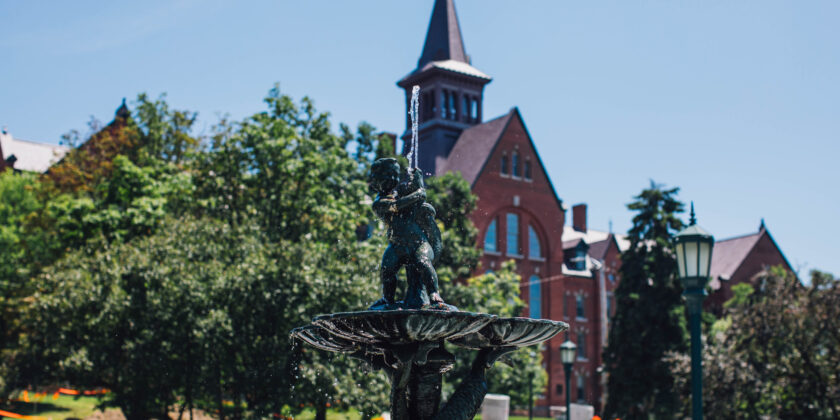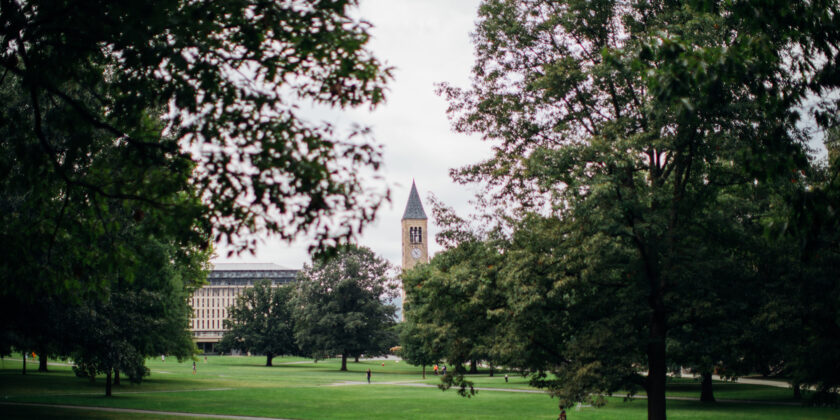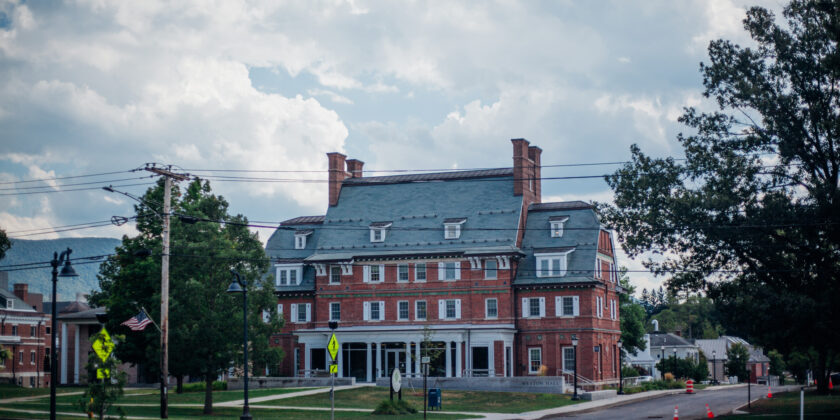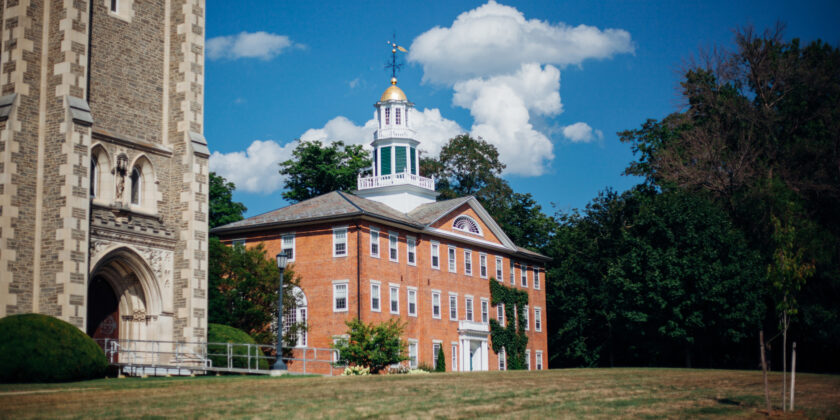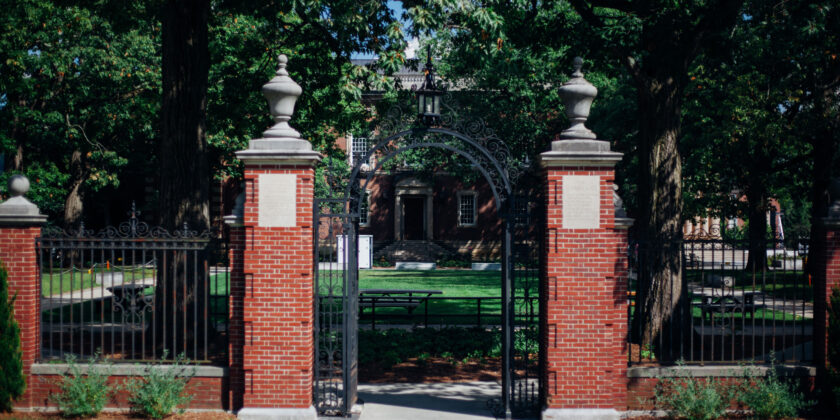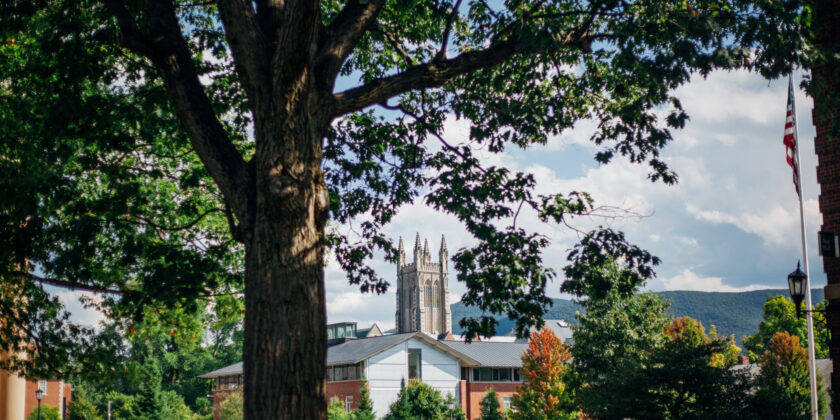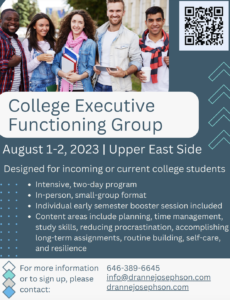College Admissions Interviews
General interview prep questions below!
High School Experience
- Tell me a little bit about your high school.
- Tell me about the courses you are taking currently.
- Tell me about your favorite class(es) you have taken. Why favorite(s)?
- Which class has been your least favorite? Why?
- Which classes have been the most difficult (or most challenging)?
- What subjects do you plan on studying at [school name]?
- What activities and/or classes have you taken part in related to that field?
- What does your dream career look like, what is your dream job?
Extracurricular Activities
- What extracurricular activities are you involved in?
- What do you like to do for fun?
- When you’re not in class, studying, or doing homework, what do you do with your time (organized activities or things for fun)?
- How did you get involved/started with ____ activity?
- What activity is the most meaningful to you and why?
- What extracurricular activities do you hope to be involved with in college?
- How have you spent your high school summers?
University Specific
- What type of environment are you looking for in a college/university?
- How did you become interested in [school]?
- What do you find most appealing about [school]?
- Why do you think you [school] might be the right fit for you?
- Do you know any students at [school]?
- If you had an opportunity to tell the Admissions Committee anything about yourself, what would it be? Why?
- What would you want the Admissions Committee to know about you that may not come across on your application?
- If I were to ask you to think back in three months to your visit to [school], what would be the first thing to pop into your head?
- What have you learned about [school] that seems unusual or surprising?
Miscellaneous
- If you got up and your best friend sat down, how would they describe you?
- How would your teachers describe you?
- If you had a year to do anything you wanted, what would it be and why?
- What books are you currently reading? Or what have you read recently for school?
- What has been a controversial issue at your school? What was your reaction, and how did you get involved?
- Where have you made the biggest impact at your school or in your local community?
- Where is your favorite place you have ever been? Why? Where would you like to go (if money and time were no object)?
- Would you and where would you like to study abroad? Why?
- What do you think is the most pressing issue of our time? Why?
- What is your favorite book and why?
- Is there anything we haven’t talked about that you wanted to talk about?
*Stay in the know! Subscribe*
